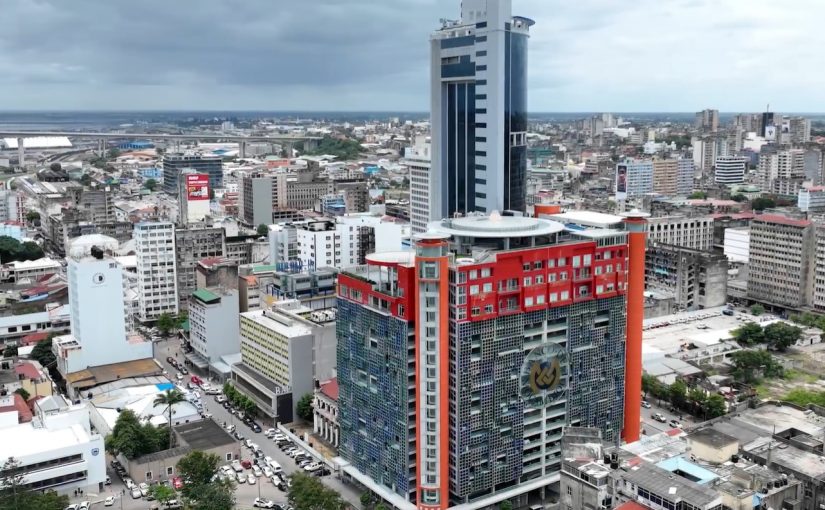UK SheTrades Commonwealth+ Trade Mission boosts women-led business in Mozambique's agro-processing ...
Mozambique: Forex shortage reported, “restrictions” in new law blamed – CTA

File photo: Bamco de Moçambique
The private sector In Mozambique says that the new Foreign Exchange Law announced by the Bank of Mozambique creates restrictions in access to foreign currency. One of the sectors worst affected is the travel sector, which has already registered the exit of airlines due to difficulties in repatriating capital and carrying out operations in the market.
The increase in the level of foreign direct investment in Mozambique without requiring validation from the Bank of Mozambique is welcomed with excitement. However, in relation to the Exchange Law, criticism pours in.
For example, the tourism sector is incurring losses, according to the Confederation of Economic Associations.
According to the president of the Tourism department at CTA, Muhammad Abdullah, the Confederation has received complaints related to a shortage of foreign exchange negatively affecting the travel sector, and in particular the airline business.
READ: Mozambique: LAM debts strand passengers in Lisbon – AIM report
“Tourism needs new companies, but the companies that are operating here are suffering due to shortage of foreign exchange. These entities need, at some point, to repatriate capital to cover the costs of handling and fuel operations. They face constraints on their operations when they land at Maputo, Beira and Nampula airports,” Abdullah said.
The private sector mentioned two airlines that have stopped operating in the Mozambican market, such as Air France, which had previously flown to Mozambique and intended to return, but reversed its decision. “It took 20 steps back. Not only did it cancel flights, it also cancelled its inventory for the Mozambican market,” meaning travel agencies cannot even schedule flights for these companies, Muhammad Abdullah explained.
“The situation does not only affect the airlines, but also the citizens. If the Mozambican citizen wants to buy tickets with Air France he or she cannot access the code-sharing via the Mozambican market and will have to turn to South Africa or another country. We also had the case of Cathay Pacific, which stopped being active here and asked for the intervention of the CTA so that, through the platform of our dialogue with the government, we could reach out and resolve this problem in our economy,” Abdullah elaborated.
READ: Foreigners investing up to one million dollars in Mozambique won’t need cenbank authorization
The private sector believes that government intervention is more than necessary in this case. “We want more investment. We want more tourist movement and airlines to come to Mozambique. This is a crucial issue, that the government, the minister of Economy and Finance and the minister of Tourism, must resolve,” he explained.
The private sector does not provide figures regarding losses, namely because these are still in the process of being calculated.
The CTA argues that it is necessary to create incentives to attract new airlines to the country.
“It is enough to see that the price of domestic travel is prohibitive. I will not say that it is due to a lack of competition, but rather due to a lack of solutions and investment, which affects tourism in the country. Tourists can travel from London to Maputo, for example, for 30,000 meticais, but when they arrive here and want to go to Nampula, they have to pay between 30,000 to 40,000 meticais – we have received complaints such as these,” he revealed.
READ: Mozambique: Central bank announces ‘removal of barriers’ to investment, trade












Leave a Reply
Be the First to Comment!
You must be logged in to post a comment.
You must be logged in to post a comment.